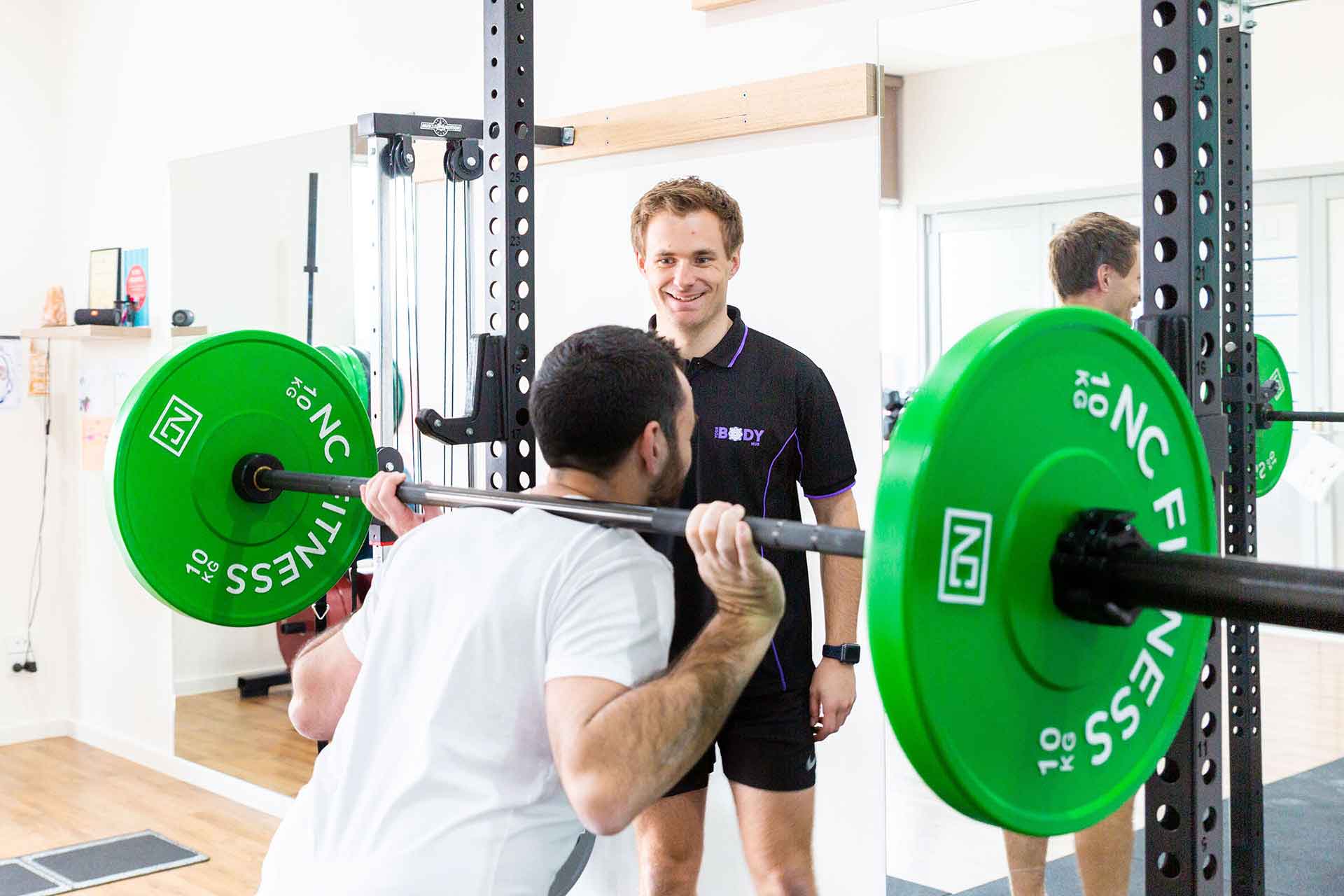Whether you’re a seasoned athlete or a weekend warrior, understanding how exercise physiology can help prevent and treat sports injuries is essential for achieving your fitness goals and staying in the game. In this blog post, we’ll explore the fascinating world of exercise physiology and delve into its valuable contributions to the field of sports medicine.
Sports injuries are all too common, ranging from sprained ankles to torn ligaments and everything in between. These setbacks can be frustrating, both physically and mentally, for athletes of all levels. However, exercise physiology offers a ray of hope by providing evidence-based strategies to mitigate the risk of injuries and promote speedy and effective recoveries.

Exercise physiology, broadly defined, is the study of how the body responds and adapts to physical activity. It encompasses various aspects such as anatomy, biomechanics, physiology, and nutrition. When it comes to sports injuries, exercise physiologists play a crucial role in injury prevention, rehabilitation, and performance enhancement.
Injury prevention is the first line of defence for athletes, and exercise physiology plays a significant role in this aspect. Through thorough biomechanical assessments, exercise physiologists analyse an athlete’s movement patterns and identify potential issues that may predispose them to injuries. By pinpointing muscle imbalances, weak areas, or faulty mechanics, they can develop personalised training programs to address these concerns.
Exercise physiologists are well-versed in designing strength and conditioning routines tailored to an individual’s specific needs. They incorporate exercises that enhance stability, flexibility, and muscular strength, creating a solid foundation for injury prevention. By optimising an athlete’s physical attributes, exercise physiologists empower them to withstand the demands of their sport and reduce the risk of injuries.
In the unfortunate event of a sports injury, exercise physiology plays a vital role in the rehabilitation process. After consulting with medical professionals, exercise physiologists work closely with injured athletes to develop comprehensive rehabilitation programs. These programs are carefully designed to restore range of motion, rebuild strength and power, and build resilience in tissues to meet the specific demands of the sport the athlete is returning to.
Exercise physiologists employ various techniques to aid in the recovery process. They may incorporate therapeutic exercises, such as specific stretches or resistance training, to target the injured area and promote tissue healing. Additionally, they utilise cardiovascular training to maintain cardiovascular fitness during the recovery period, ensuring a smoother transition back to full athletic activity.
The benefits of exercise physiology extend beyond injury prevention and rehabilitation; it also contributes to performance enhancement. Through physiological assessments, exercise physiologists evaluate an athlete’s aerobic capacity, anaerobic threshold, and other performance-related parameters. By identifying areas for improvement, they can design training protocols that optimise an athlete’s performance potential.
In conclusion, exercise physiology is a game-changer in the realm of sports injuries. With its evidence-based approach, exercise physiology aids in injury prevention, rehabilitation, and performance enhancement. By utilising their expertise, exercise physiologists help athletes stay on top of their game, reducing the risk of injuries and maximising their potential. So, whether you’re a professional athlete or simply enjoy recreational sports, consider consulting an exercise physiologist to take your athletic journey to new heights while staying injury-free.
For more information about how exercise physiology can help, please contact our friendly team on 8578 6544.
We take pride in getting to know each client and develop a customised treatment plan to achieve your health goals.
Book a Treatment Book a Class